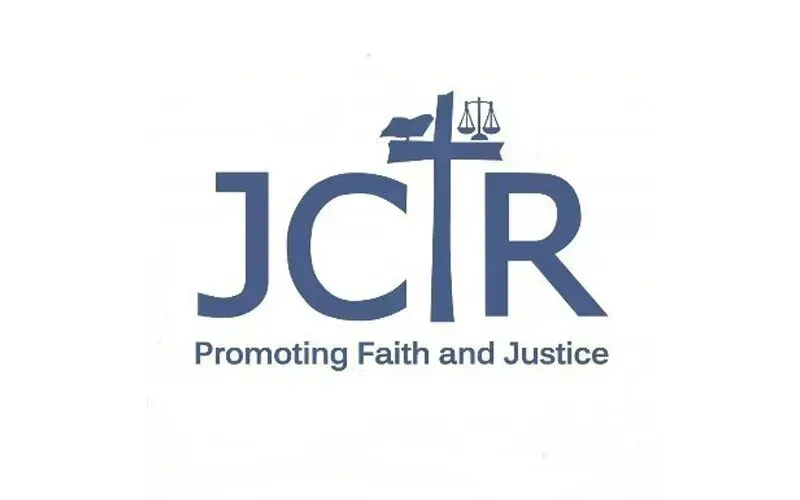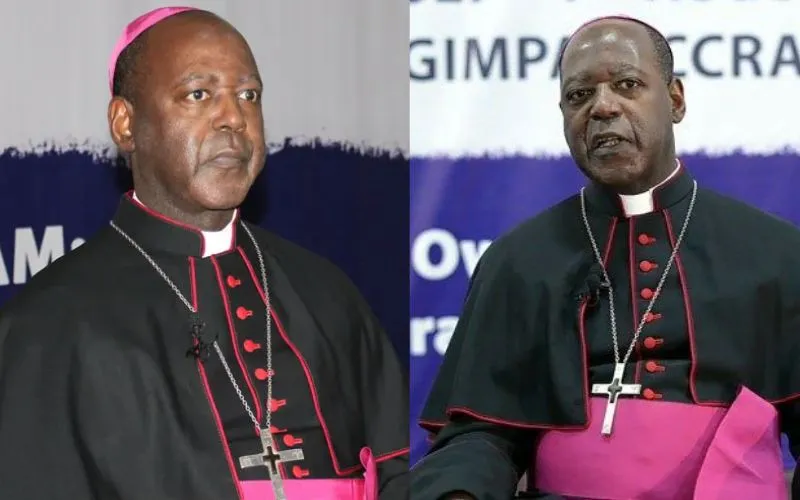Lusaka, 08 February, 2022 / 4:36 pm (ACI Africa).
Jesuit scholars in Zambia have lauded the government for introducing free education from early childhood to secondary school level terming the initiative a “right” step towards bridging the gap between the poor and the rich in the Southern African nation.
In a Monday, February 7 report, officials of the Jesuit Center for Theological Reflection (JCTR) say inequality has been responsible for the “vicious cycle of poverty” among a section of Zambians.
“Abolishment of school fees in all public schools with effect from January 2022 is a step in the right direction in reducing the inequality gap that has plagued Zambia for many years,” JCTR officials say in the statement.
They add that in the short term, the free education policy, which kicked off on January 10 “does aid in providing a cushion to households insofar as meeting the household basic needs is concerned.”
“Inequality in education continues to condemn the poor to a vicious cycle of poverty. It is a known fact that in Zambia, alongside poverty, it is the high levels of inequality which impede achievement of national goals for long term and inclusive national development,” say officials of the research, education and advocacy institute based in Zambia’s capital, Lusaka.








